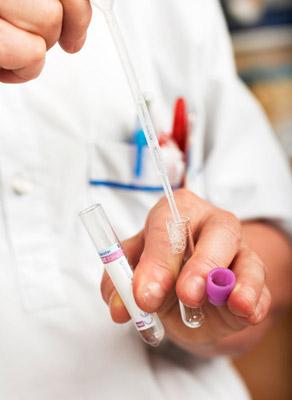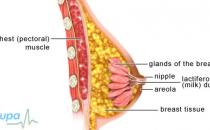Predict breats cancer

A simple blood test is being developed that may be able to suggest whether a woman is at higher than normal risk of developing breast cancer, according to a study published in the journal Cancer Research.
Blood test may predict breast cancer risk?
Dr Virginia Warren, Head of Clinical Effectiveness for Bupa, said: “Researchers analysed blood samples taken from women prior to being diagnosed with breast cancer to look for changes in their DNA, specifically changes to a gene called ATM found in white blood cells. Changes to this gene over a woman’s lifetime, known as DNA methylation, may predict if a woman will go on to develop breast cancer years later. Scientists believe that these changes are caused by environmental factors, such as getting older, hormones, smoking and drinking alcohol. The researchers found that women with the highest levels of DNA methylation in the ATM gene were almost twice as likely to develop breast cancer as those with the lowest level of change.
“What’s interesting about this study is that it’s looking at how environment and lifestyle affect the 'packaging' on healthy genes. This is a new slant on understanding how breast cancer happens. We’ve known for a long time that our inherited abnormal genes (mutated genes) play a part in our risk of developing cancer, for example, we know that women with a family history of breast cancer are at a greater risk. And we've also known for a long time that healthy genes going wrong in themselves over the decades of a person's life (acquired mutations) are key to developing cancer. However, it’s important to bear in mind that a lot of this research is based on theory and such a blood test is a long way from being available.
“Essentially, there’s nothing new here about the lifestyle and environment risk factors that interact with any genetic changes. If you smoke, drink or are overweight, your risk is greater. However, there’s no need to wait for a new blood test to be developed for us to make changes. You can adopt a healthy lifestyle at anytime, which will not only reduce your risk of breast cancer, but also your risk of developing many other health conditions.”
Produced in collaboration with Bupa’s Health Information Team.
















